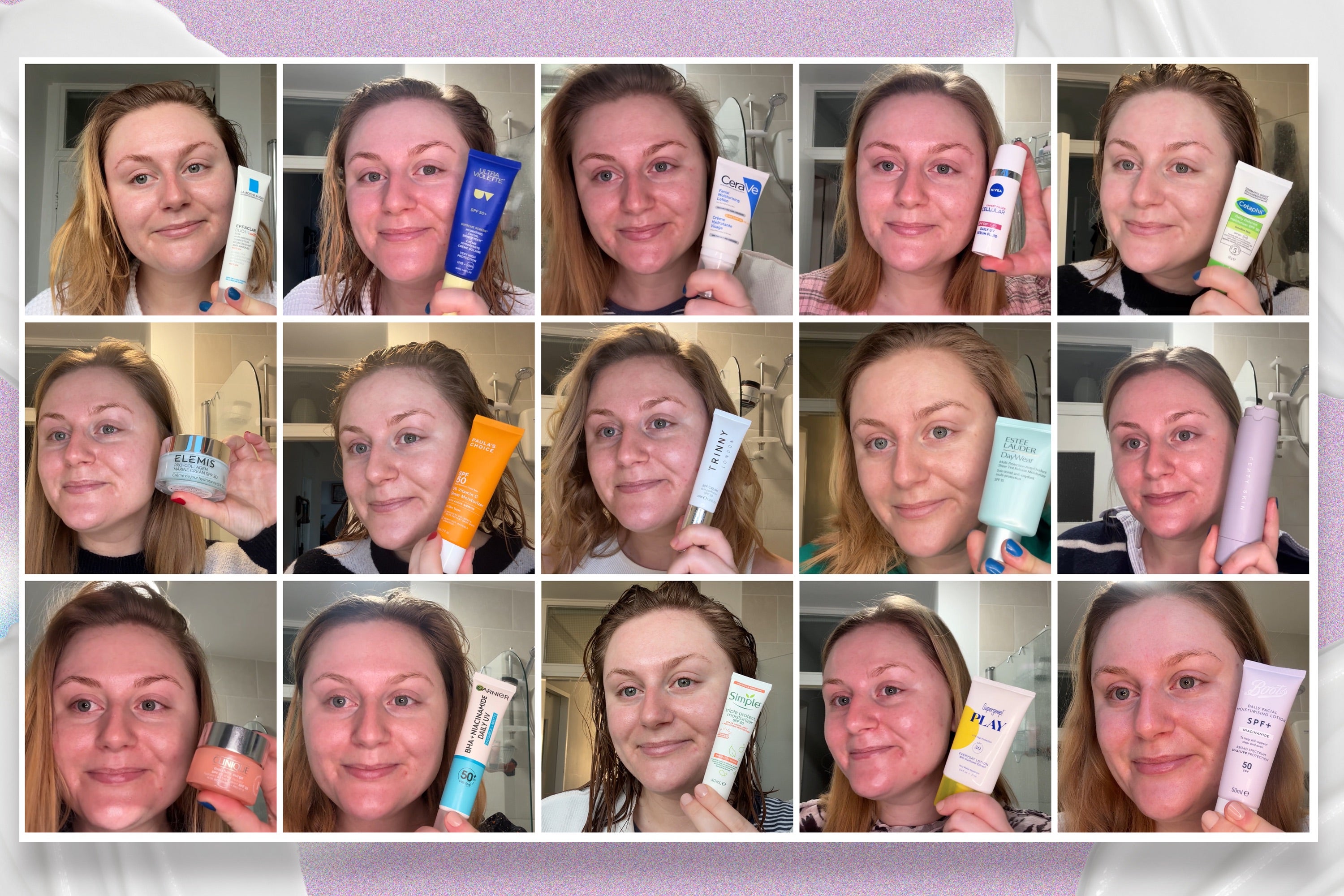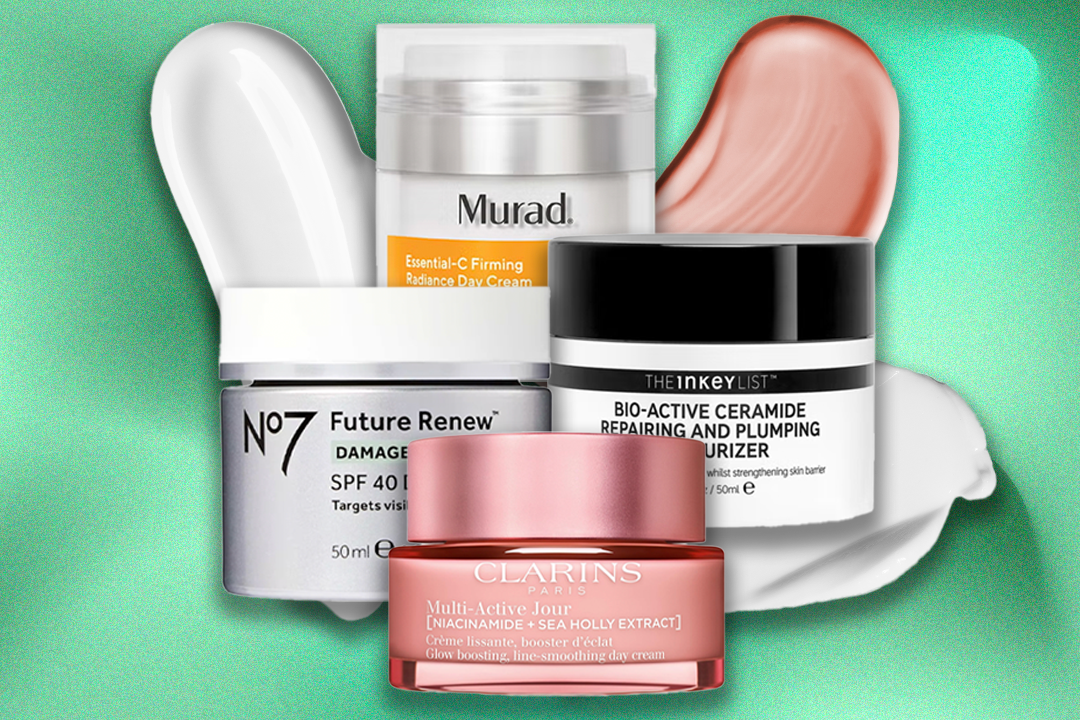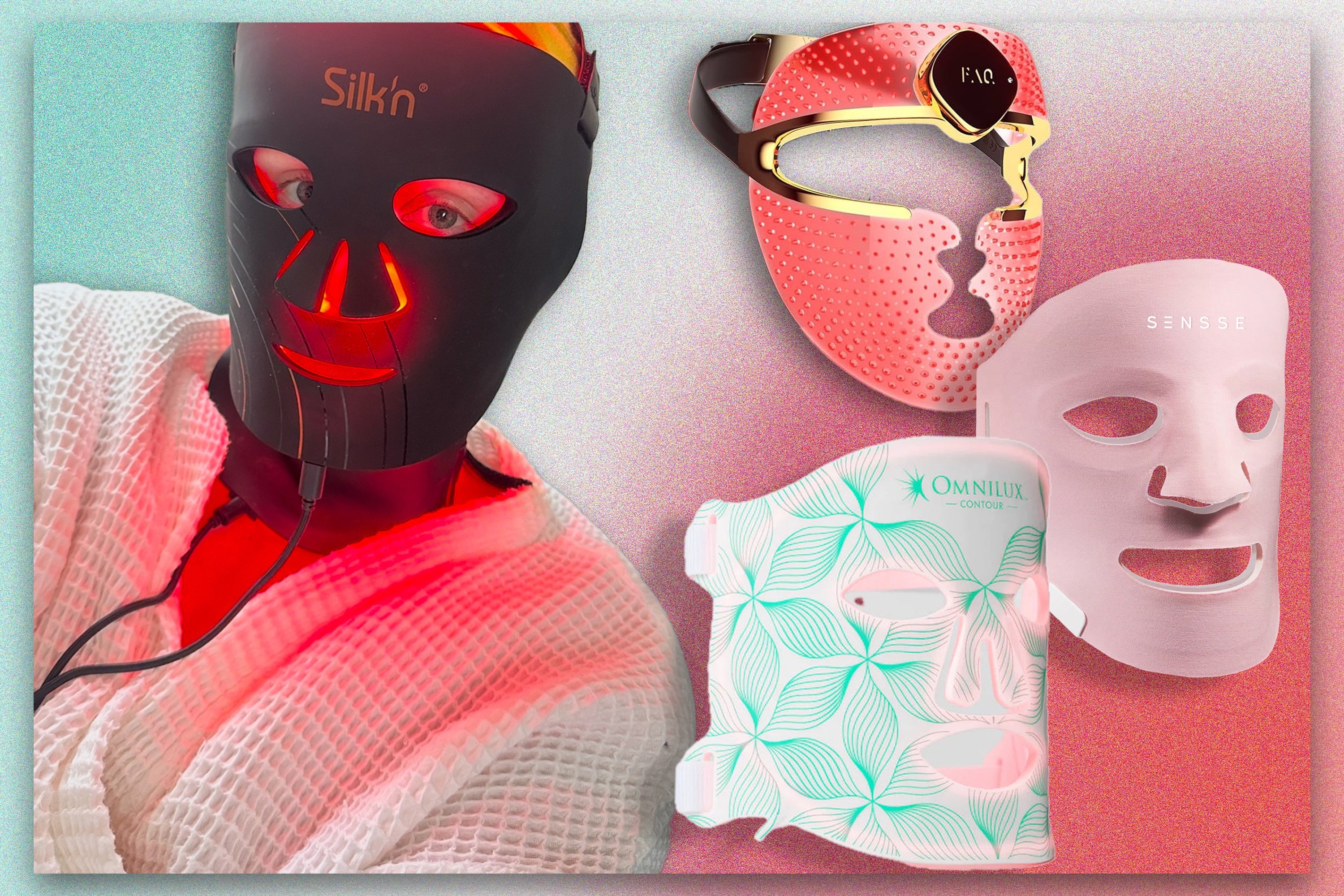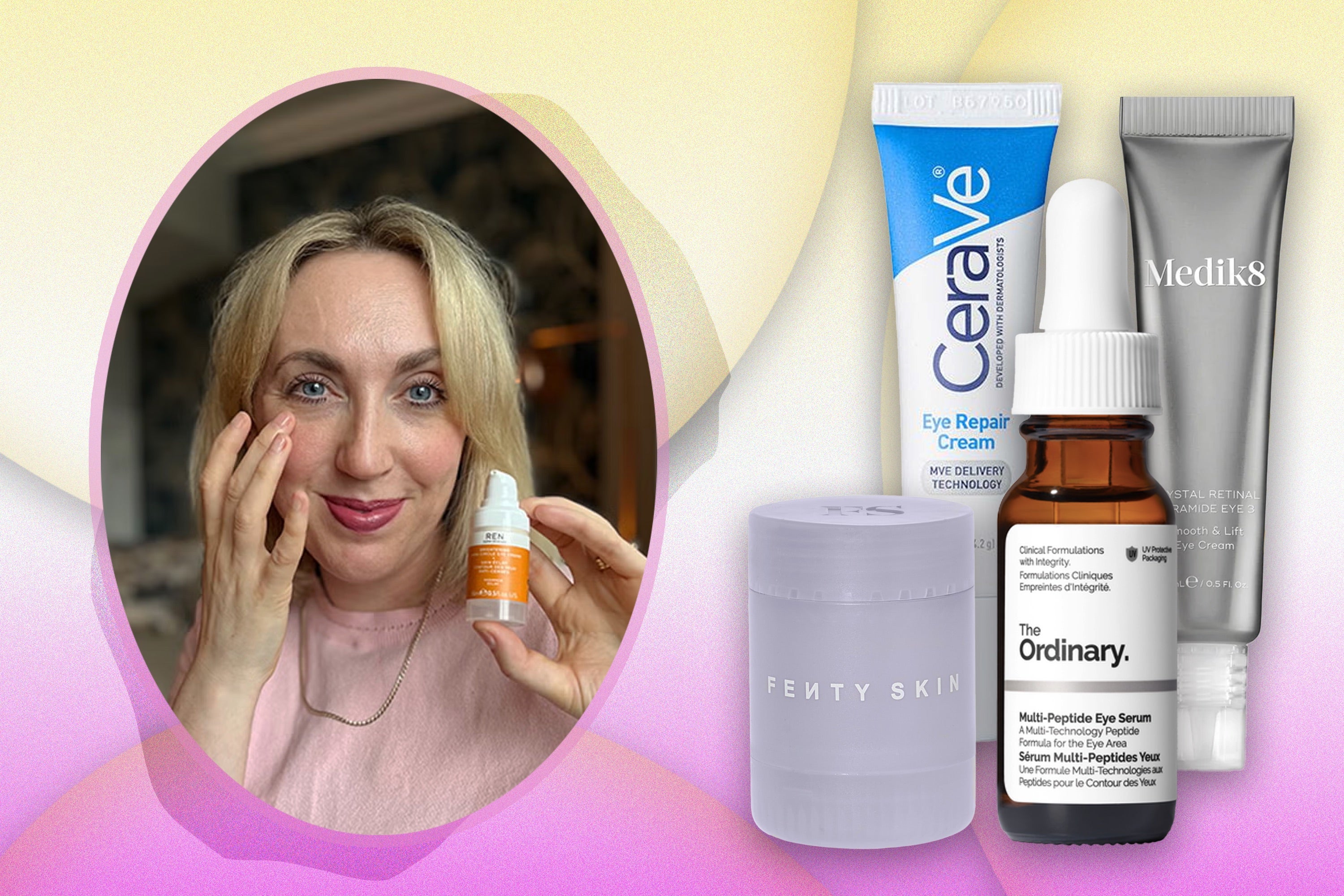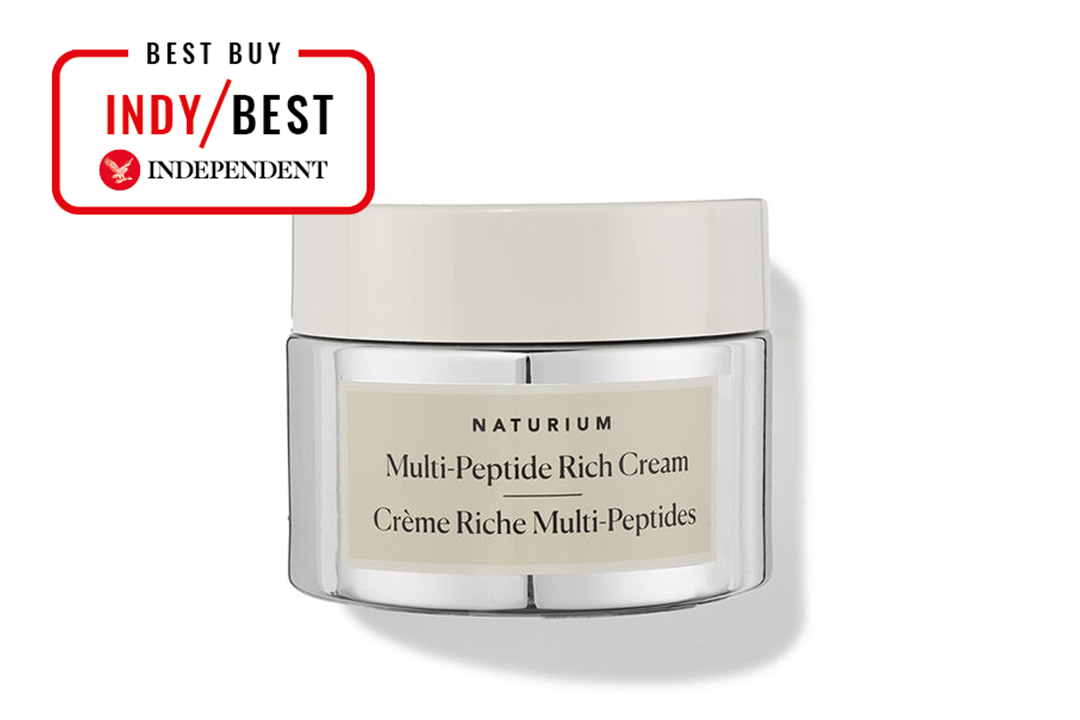
The Independent's journalism is supported by our readers. When you purchase through links on our site, we may earn commission. Why trust us?
11 best night creams your skin will thank you for, according to a beauty editor
We’ve spent weeks putting budget and luxury moisturisers to the test

- 1
 2
2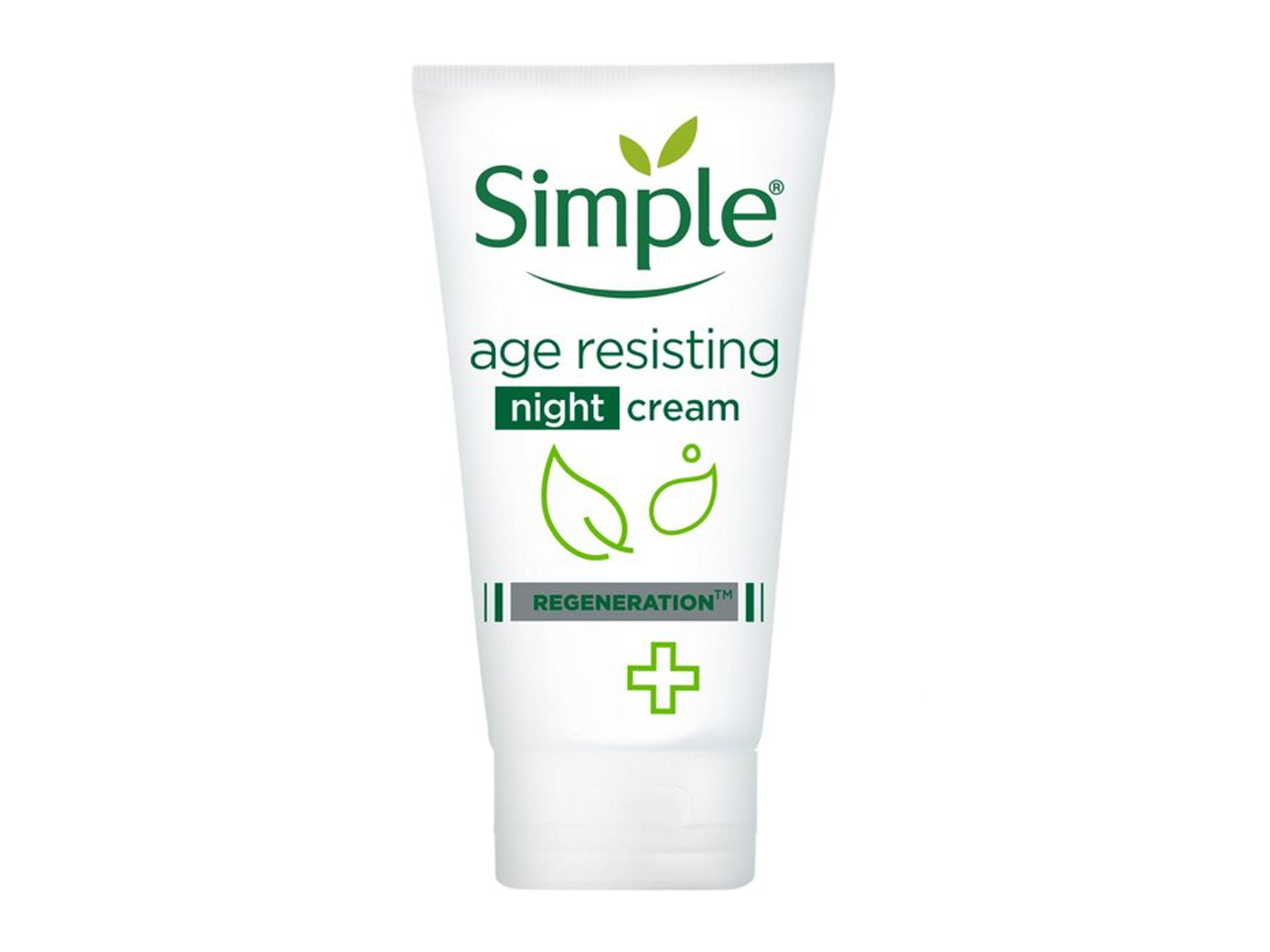
- 3
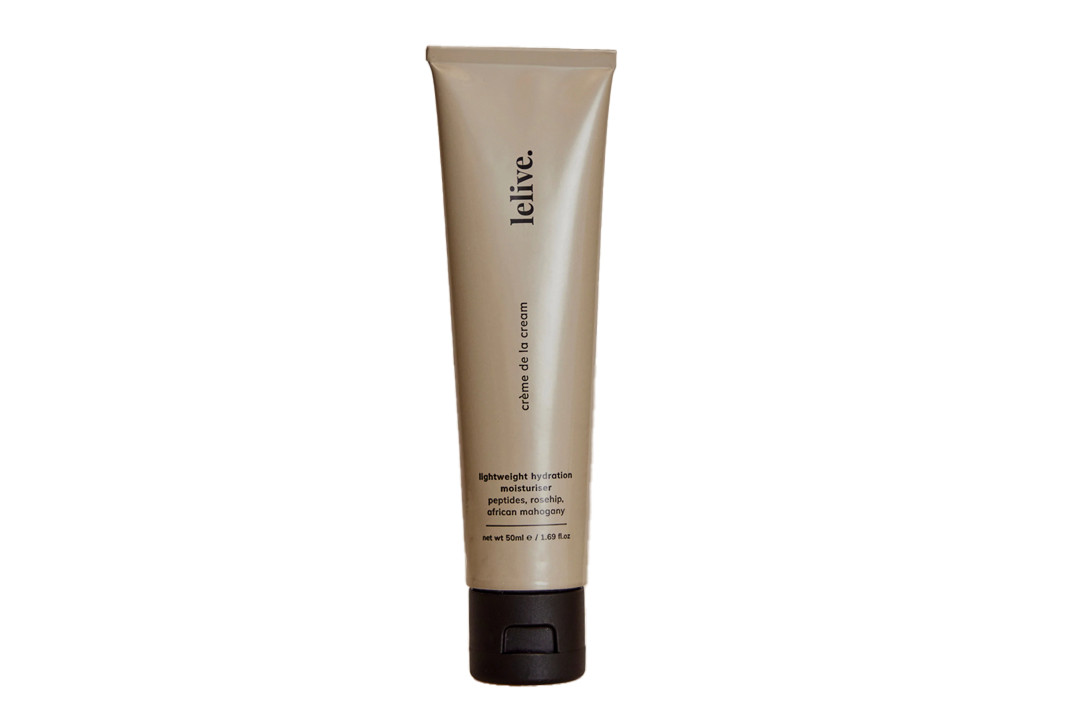 4
4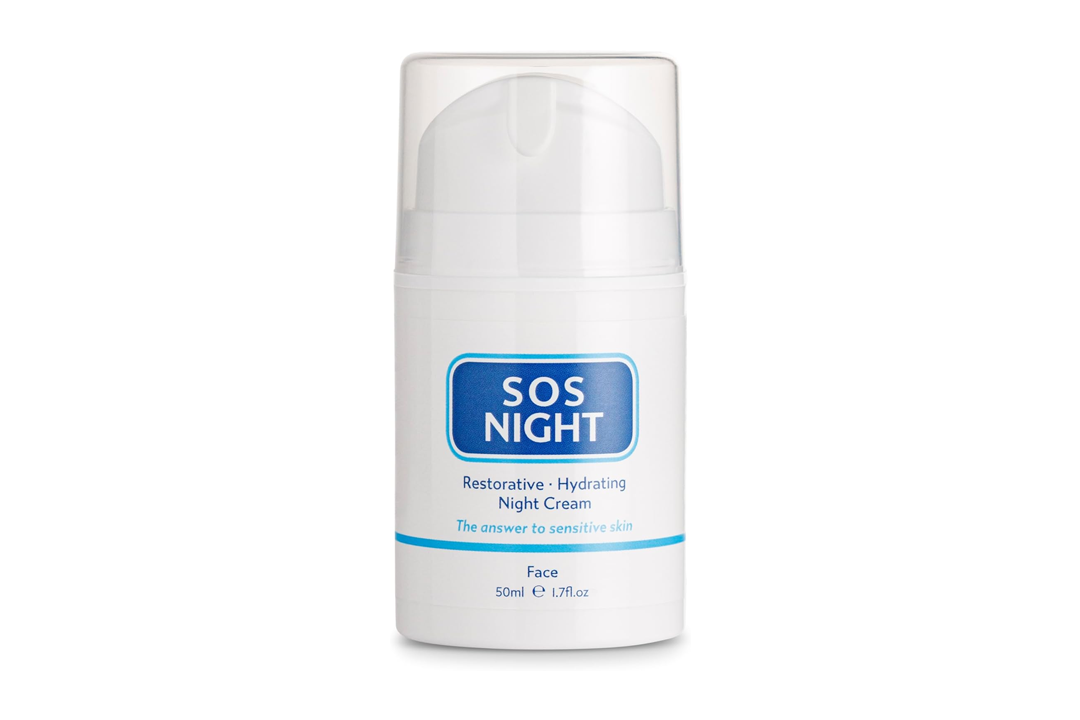
- 5
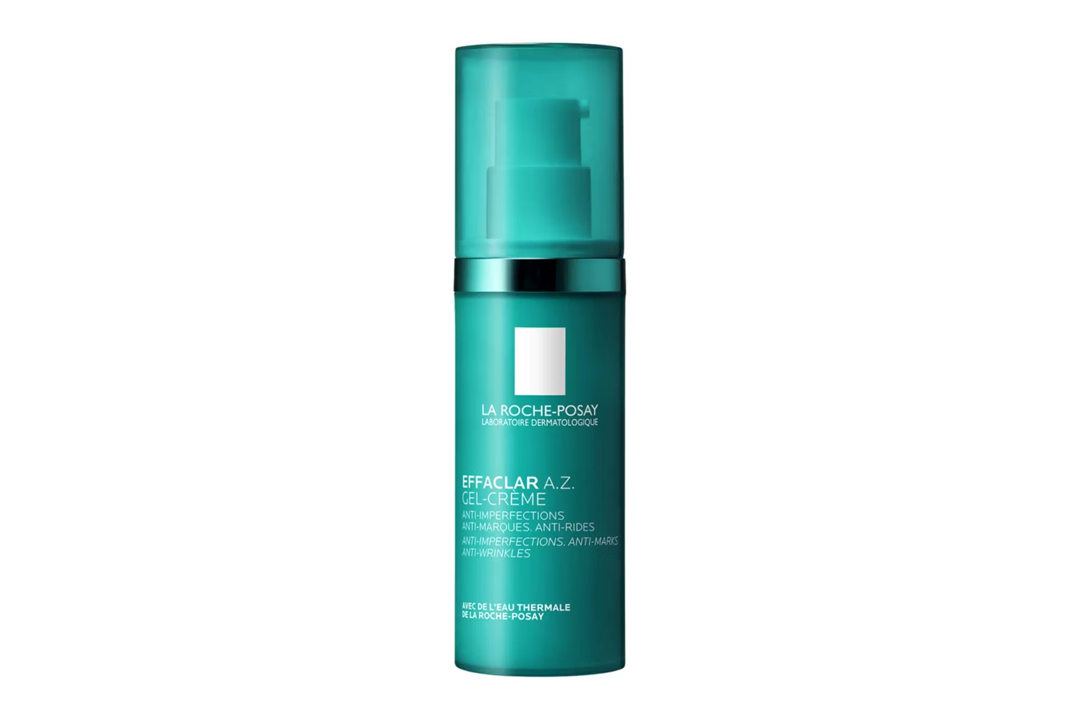 6
6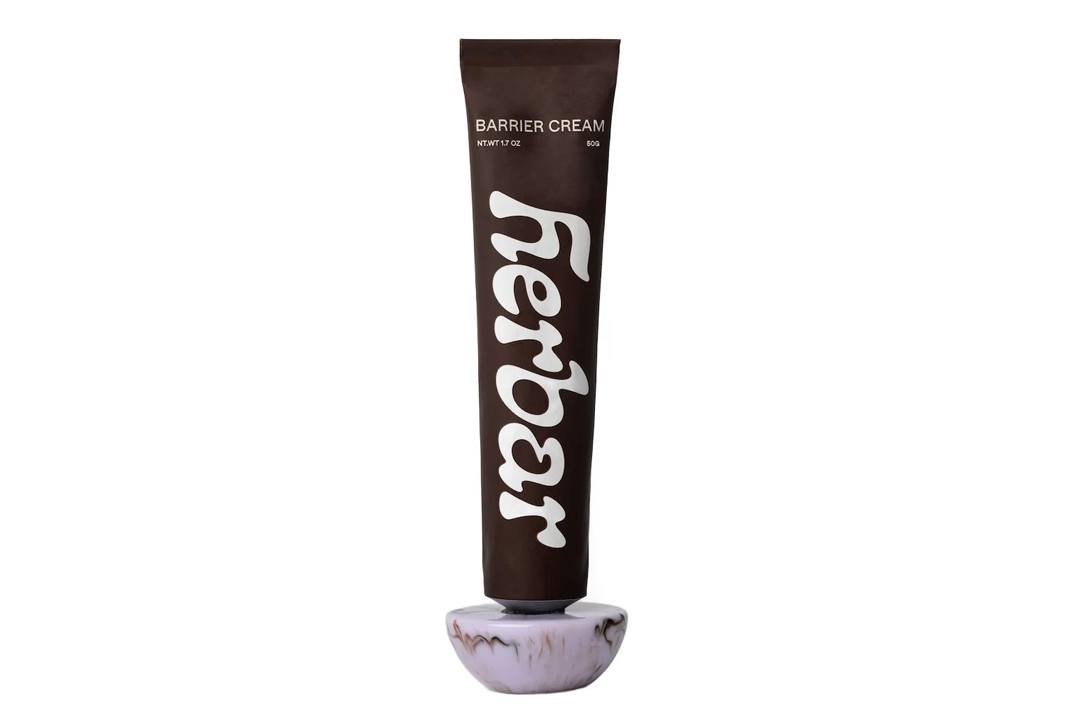
- 7
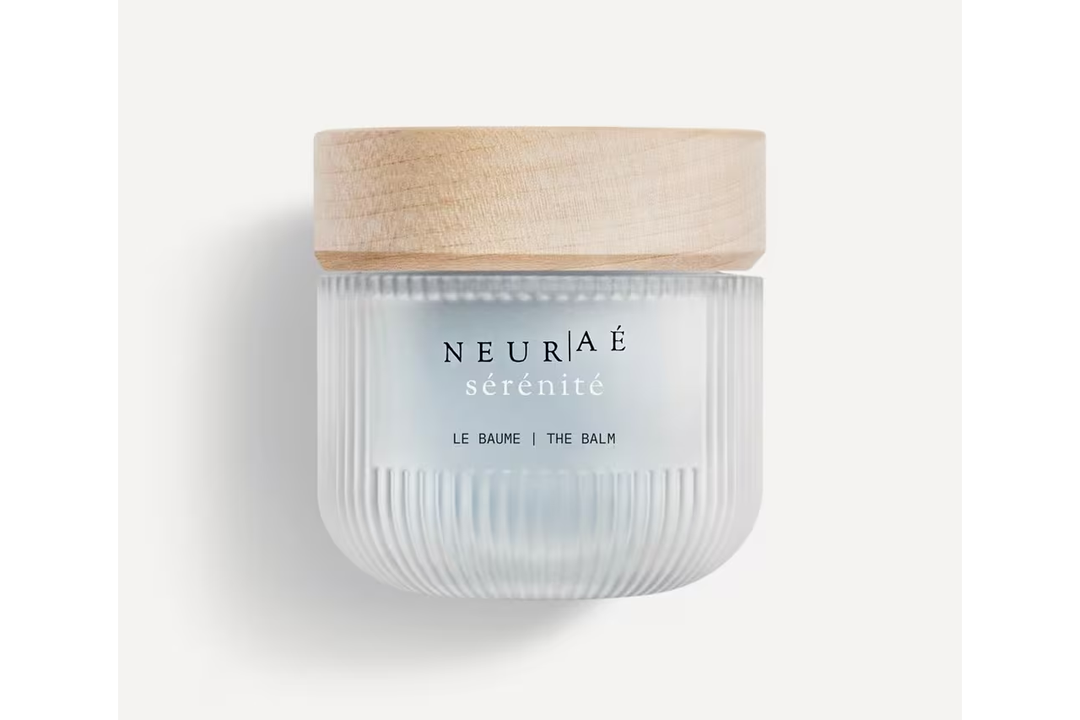 8
8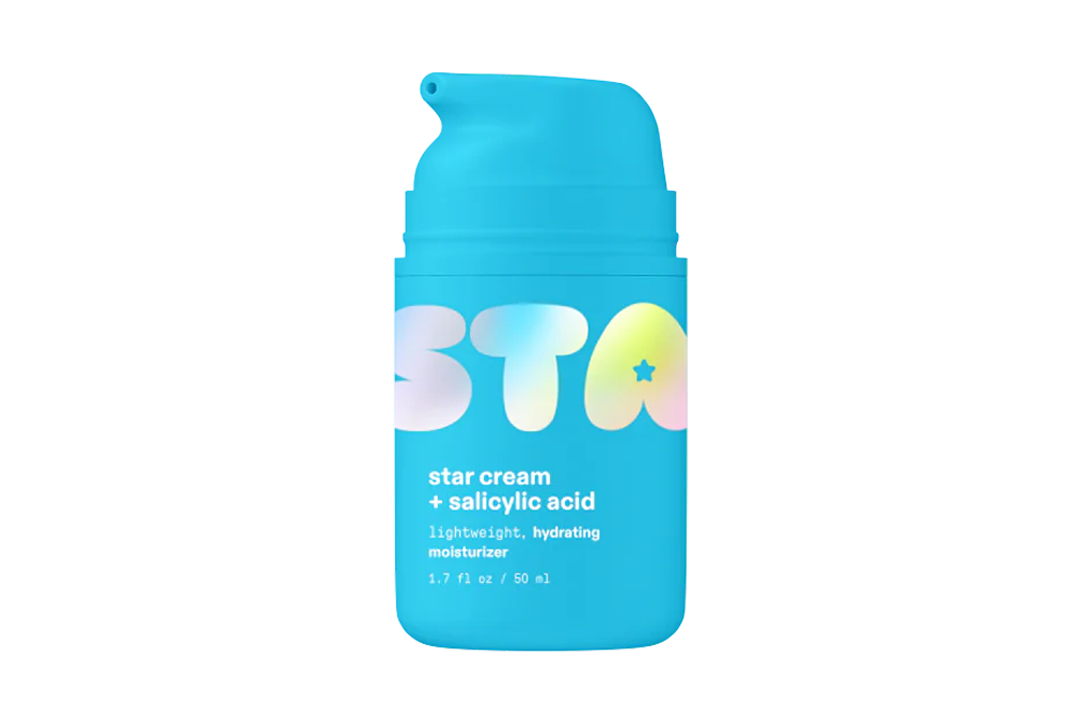
- 9
 10
10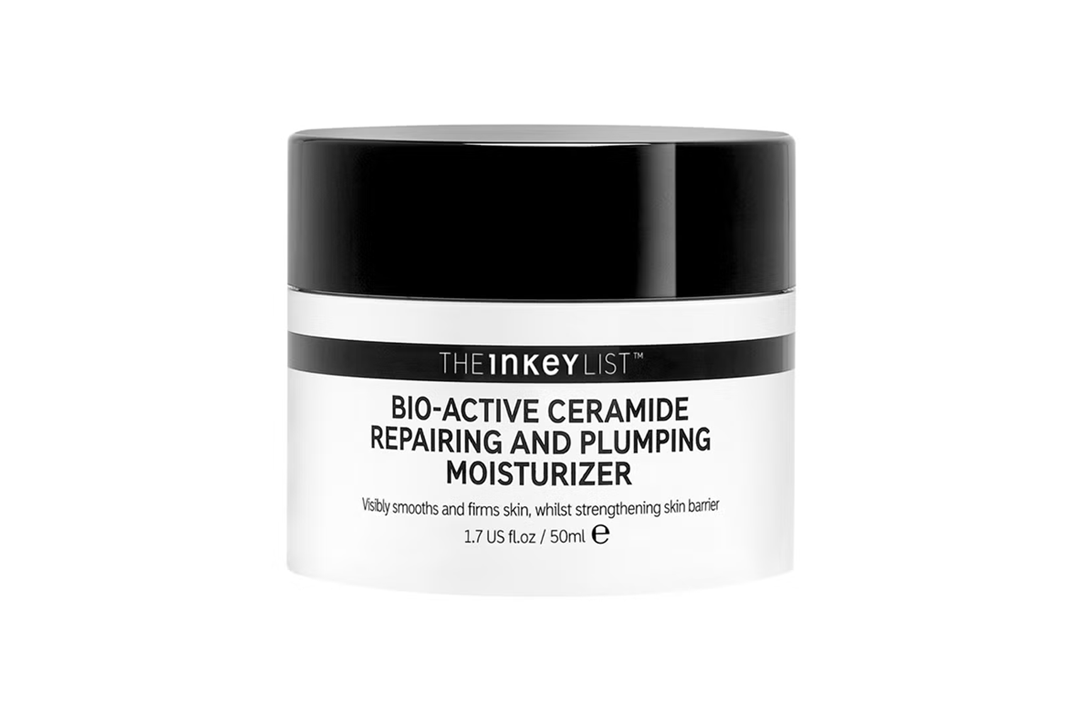 Best for minimising poresThe Inkey List bio-active ceramide repairing and plumping moisturiserRead review£19
Best for minimising poresThe Inkey List bio-active ceramide repairing and plumping moisturiserRead review£19 - 11
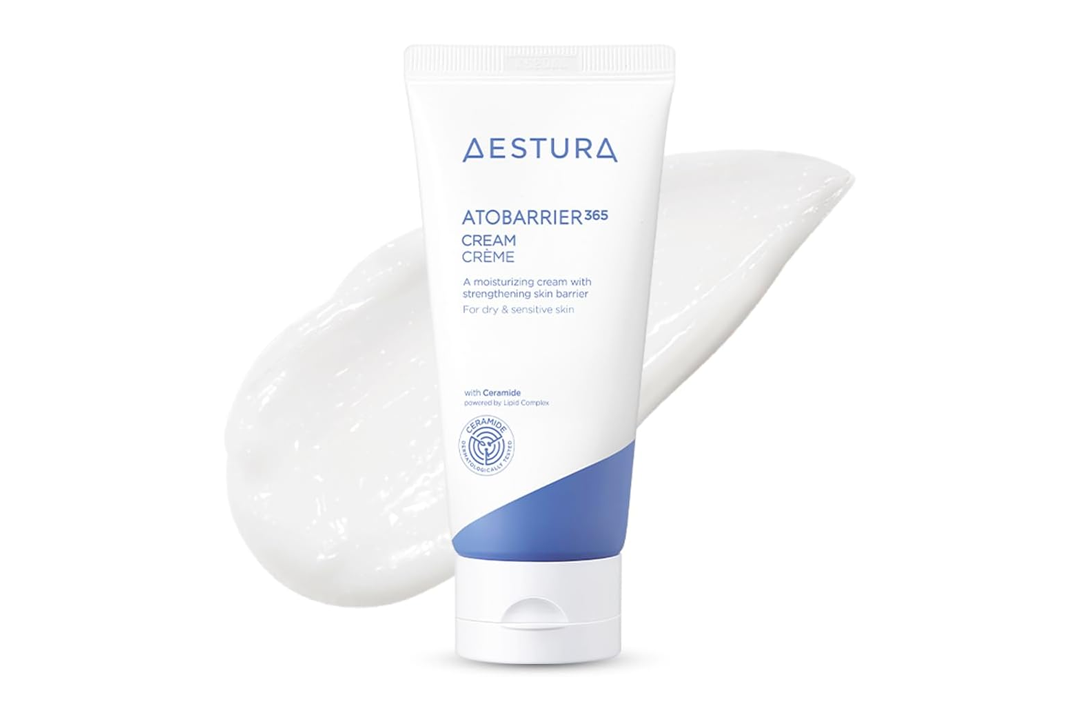
From rich balms to lightweight lotions and hydrating gels, moisturisers are at the heart of any good beauty regime, helping to hydrate, repair, soothe and plump the skin. However, with different options for day and night available, you might be wondering if you really need two separate products. What is it night creams can do that their daytime equivalents can’t? I went straight to the experts to get some answers.
Dr Sophie Shotter, aesthetic doctor and founder of Illuminate Skin Clinic, explains that our skin’s needs are different at night: “It’s the only time our body, including our skin, really rests and restores. Skin is also prone to transepidermal water loss whilst we sleep, and this means it is losing water and can become dehydrated. For this reason, our skin often benefits from a richer night cream, whereas, in the daytime, our skin often needs less rich hydration but does need more protection from the sun and from pollution.”
Dr Shotter recommends using humectants such as hyaluronic acids, along with lipids and ceramides to help lock in moisture overnight. “Squalene is another good night-time ingredient which can help lock in moisture. Acids (PHAs, BHAs or PHAs) can also be an excellent inclusion.”
Dr Sina Ghadiri, a consultant dermatologist and aesthetic doctor, believes a dedicated night-time routine is essential for skin health. If your skin is dry or dehydrated, he advises seeking out moisturisers that feature ceramides, while oilier skin types should look for lightweight textures and avoid occlusive practices such as slugging (applying petroleum jelly to your face).
“Many products, such as retinoids, require night-time application, both from a position of lessening the risk of photosensitivity but also providing an environment where absorption can be enhanced,” says Dr Ghadiri. “The sleep cycle, or circadian rhythm, brings with it hormonal variations within a 24-hour period (particularly cortisol and melatonin) and these can impact inflammatory processes within the skin, so, having a night-time routine is essential to allow the skin to renew and fight oxidative damage.”
That said, you don’t need to only look for creams with the word ‘night’ in them, says Dr Shotter: “Many night creams on the market are simply richer and more hydrating, rather than addressing the skin’s needs beyond that. So, does it need to be a cream with ‘night’ on the bottle? No, but it does need to consider the needs of your skin overnight.”
With that in mind, I’ve spent weeks testing moisturising products to narrow down our list of the best night creams. Following Dr Shotter’s advice, they’re not strictly night products but are hydrating lotions, balms and creams that are suitable for an evening skincare routine. Keep scrolling to discover my favourite formulas.
How I tested
I incorporated each product into my evening skincare routine over many weeks. I assessed the formulas’ texture and absorption, if there was any residue left on the skin, and if any differences could be spotted the morning after (with continued use).
Why you can trust IndyBest reviews
Louise Whibread has spent years working in the beauty industry and has tested countless skincare products and solutions. From an expert-led feature on minimising acne scarring to my pick of the best body scrubs, she knows what to look for when it comes to finding skin solutions that actually work.
The best night creams for 2025 are:
- Best overall – Naturium multi-peptide rich cream: £27, Spacenk.com
- Best budget buy – Simple age-resisting night cream: £8, Ocado.com
- Best for sensitive skin – SOS night cream: £14.84, Amazon.co.uk
- Best for acne-prone skin – La Roche-Posay effaclar A.Z. gel-cream: £26.40, Boots.com
1Naturium multi-peptide rich cream

- Best: Overall
- Size: 50ml
- Key ingredients: Encapsulated ferulic acid, peptides, linseed extract
- Why we love it
- Refreshing
- Tackles dehydration
- Take note
- Rich texture may feel too heavy for very oily skin types
If you’re struggling to find a solution for your combination skin and need a cream that is rich enough to tackle dryness while lightweight enough that it doesn’t leave oilier areas feeling greasy, this ticks every box. While it’s not strictly a night cream – drier skin types could use this in the mornings, too – if you’ve got combination or oily skin, the texture feels refreshing, and I found it improved areas of dehydration on my cheeks.

The formula contains hydrating ingredients (think peptides and encapsulated ferulic acid) and left my skin feeling plumper, smoother and nourished. If you are on the oily side, this cream’s sister moisturiser, the Naturium multi-peptide (£21, Spacenk.com), is a brilliant option for your morning skincare routine, and I’d recommend supplementing with this richer cream in the evenings.
2Simple age-resisting night cream

- Best: Budget buy
- Size: 50ml
- Key ingredients: Glycerin, green tea, mushroom extract
- Why we love it
- Suitable for sensitive skin
When it comes to affordable, hardworking skincare, Simple is hard to beat. This night cream is designed with sensitive skin in mind, and it also has an anti-ageing-focused formula, but pretty much everyone could get on with this.

It’s a basic unscented cream that does the job of improving moisture and keeping skin soft thanks to the inclusion of glycerin, green tea and mushroom extract within the formula. The formula is lightweight and can be used on all skin types, including those with sensitive skin. For less than £10, I can’t fault it.
3Lelive crème de la cream

- Best: For improving texture
- Size: 50ml
- Key ingredients: Vitamin E, rosehip, baobab, marula, African mahogany and peptides
- Why we love it
- Improved dry patched
- Not too heavy
- Take note
- Mild botanical scent
With a soft, supple finish and ability to smooth and improve areas of texture, this moisturiser made a marked improvement on dry patches around my nostrils, without the cream being so heavy as to leave combination oily skin feeling greasy. As with other formulas I reviewed, this one is packed full of hydrating ingredients. Here, the vitamin E, rosehip, baobab, marula, African mahogany and peptides create a glow-giving, hydrating cocktail that my skin lapped up.

The tube packaging is great for travel, too – it’s a much more compact size than many of the other options on test, yet it holds the same amount of product.
4SOS night cream

- Best: For sensitive skin
- Size: 50ml
- Key ingredients: Hyaluronic acid, vitamin E
- Why we love it
- Fast-absorbing
- Reasonably priced
In my opinion, SOS is a very underrated brand – I have used its range of basic but brilliant products on a regular basis over the past three years. This night cream makes a recurring appearance in my skincare routine, especially when experiencing a flare-up of breakouts, rosacea or general sensitivity.

The formula is a blend of natural botanicals such as cranberry extract and red algae sea moss, which retain moisture, promote healthy cell renewal and leave skin feeling plump and healthy. The cream melts into the skin quickly, with a comforting but non-greasy texture and feels like a light layer of hydration after each application. It’s suitable for use on all skin types, even sensitive ones, and is very reasonably priced.
5La Roche-Posay effaclar A.Z. gel-cream

- Best: For acne-prone skin
- Size: 40ml
- Key ingredients: Azelaic acid, salicylic acid, hyaluronic acid and zinc
- Why we love it
- Lightweight texture
- Works well under make-up
The latest addition to La Roche-Posay’s wildly popular effaclar acne range, this product has been designed specifically to target blemish-prone skin with four key ingredients: azelaic acid, salicylic acid, hyaluronic acid and zinc. Combined, they gently exfoliate to remove dead skin and unblock pores, regulate sebum production, and smooth skin texture.

The gel-cream hybrid formula has a velvety finish and, despite being marketed as a night cream, I found that it worked well under make-up, especially when focusing on concealing spots. The texture is lightweight and takes seconds to rub in. Overall, it makes for a hardworking addition to your evening skincare routine if you have acne-prone skin.
6Herbar barrier cream

- Best: For repairing damaged skin barriers
- Size: 50g
- Key ingredients: Ceramides, medicinal mushrooms, pentavitin
- Why we love it
- Soothes instantly
Herbar is a small (but growing) skincare brand with a carefully curated edit of products featuring fungi and adaptogenic formulations, thanks to their anti-inflammatory powers and ability to protect the skin from environmental factors.

As for the brand’s barrier cream, it has a balmy texture that instantly soothes tight, dehydrated skin and areas of irritation caused by a damaged skin barrier. If you’ve over-exfoliated and your complexion is in need of some TLC, this is the cream to try.
7Neuraé serenity the balm

- Best: Luxury night cream
- Size: 50ml
- Key ingredients: Eperua extract, squalane, mango seed butter
- Why we love it
- Leaves skin feeling silky soft
- Smells lovely
- Gorgeous packaging
- Take note
- Very expensive
A luxury skincare brand that comes from the Sisley Paris family, Neuraé first launched in 2024, underpinned by neuroscientific research exploring the mind-skin connection. As you’d expect, the brand’s serenity balm moisturiser is everything you could possibly want from a luxury cream.

The balm-like formula features a light scent designed to relax the brain, making this the perfect bedtime treat. It performs well, too, leaving skin feeling supple and silky soft – this is like a drink of water for when your skin is craving moisture.
8Starface star cream

- Best: Value for money
- Size: 50ml
- Key ingredients: Salicylic acid, niacinamide
- Why we love it
- Lightweight texture
- Blemish-busting formula
This formula features a key blemish-busting ingredient: salicylic acid, which is a beta-hydroxy acid that exfoliates to slough off dead skin cells that clog pores, thereby reducing unwanted spots. As such, this night cream is another great option if you’re acne-prone.

It has a lightweight texture, so it doesn’t feel heavy on the skin, and it has a dewy finish. Simple, smart and effective, it’s a great value option for blemish-prone skin. It won’t break the bank but will help clear up your complexion.
9Grown Alchemist regenerating night cream

- Best: For anti-ageing
- Size: 40ml
- Key ingredients: Hyaluronic acid, omega fatty acids, neuro-peptides
- Why we love it
- Evens skin tone
- Supports collagen production
- Rich in antioxidants
- Take note
- Expensive
If your skin lacks elasticity and you want a night cream that will help hydrate and firm, I’d recommend this formula. No, it’s not sleep in a jar, nor is it a replacement for botox, but I found that it did improve radiance, plump the skin and smooth fine lines and wrinkles. This is thanks to bio-fermented hyaluronic acid, omega fatty acids, neuro-peptides, green tea extract and sea buckthorn.

This antioxidant-rich formula evens skin tone and supports your skin’s collagen production. It’s quite a thick texture, which dry skin will drink up, and it has a subtle, luxurious scent. My only gripe is the price, considering the pot only contains 40ml of product.
10The Inkey List bio-active ceramide repairing and plumping moisturiser

- Best: For minimising pores
- Size: 50ml
- Key ingredients: Ceramides, shea butter
- Why we love it
- Light, silky texture
- A little goes a long way

This relatively budget-friendly moisturiser has amassed thousands of fans, and it’s not hard to see why. The formula features a selection of clinically beneficial ingredients, including shea butter (great for treating dryness), bio-active ceramides (strengthen skin barrier) and the lesser-known gransil blur (creates a blurring finish on skin). The white cream looks unsuspecting in the jar but our tester found herself reaching for this when her skin was showing signs of mild irritation after using retinol (small amounts of flaky skin can be a common reaction to exfoliating products such as retinols and other acids). A little goes a long way, so, this pot will last you months, and, while it may look too thick to be suitable for oily skin types, it’s actually a silkier, lighter texture than you might expect.
11Aestura atobarrier 365 cream

- Best: For dry and sensitive skin
- Size: 80ml
- Key ingredients: Ceramide lipid complex, triethanolamine
- Why we love it
- Hydrates, smooths and soothes
- Free from fragrance and colourants
- Take note
- Too rich for oily skin
If you haven’t heard of Aestura, the Korean beauty brand is well worth your time. Its atobarrier 365 cream is the superstar of its range, thanks to a whipped, creamy texture and ceramide-rich formula. If you have dry and sensitive skin, this is a great all-round moisturiser that hydrates, smooths and soothes, and can be enjoyed in your morning or evening skincare routine.

It’s also a great option to sandwich with stronger ingredients such as retinol or vitamin C in your serums and exfoliating acid, to reduce redness and leave skin feeling plump and soft. It’s also free from any fragrances or colourants, which are common irritants. While it’s a bit too rich for oily skin types, it’s ideal if you have dry, combination or sensitive skin.
Night cream FAQs
What is the difference between night cream and a moisturiser you would use in the day?
Day creams and moisturisers are focused on protecting your skin against elements such as UV rays, dryness, pollution, and heat, so they typically exclude active ingredients such as acids and retinol that could cause photosensitivity.
Alternatively, night cream focuses on repairing and regenerating your skin, by amplifying the reconstruction process of cells as you sleep after a long day of damage.
Should you use night cream every night?
Night creams work best to nourish and replenish the skin when used consistently over time. The skin is more absorbent at night when you are asleep. Therefore, using a night cream every evening from your late twenties is a good idea, to keep your skin looking healthy and smooth out wrinkles by stimulating collagen production.
Can you use retinol serum and night cream together?
Yes, because retinol can be intense or harsh on the skin, it’s recommended to follow it with a rich and highly moisturising moisturiser or a night cream.
The verdict: Night creams
Our top spot goes to the Naturium multi-peptide rich cream, thanks to its luxurious consistency, fast absorption and skin-plumping benefits. It’s a great option across many skin types, particularly combination, and improves texture in a matter of days. If you’re looking for something a little more budget-friendly, Simple’s age-resisting night cream is a no-fuss formula that helps keep skin soft while combatting the appearance of fine lines.
For more skincare must-haves, check out our guide to the best sunscreens for your face

